Educators constantly seek ways to enhance teaching and support students' learning. What if the key to unlocking effective science education may lie in understanding how the brain learns and aligning our teaching strategies accordingly?
A Brain-Based Learning Paradigm
In our latest pre-print, I argue the most impactful advancements in science education have closely mirrored our expanding knowledge of the brain's learning processes. The brain-based learning paradigm, supported by evidence, has improved student motivation, engagement, and retention.
Here are three potential connections between impactful advancements in science education and brain-based learning:
1️⃣ Active Learning and Neuroplasticity
Students who construct their knowledge learn. Active learning, by encouraging students to build knowledge through various means (conversations, observations, and personal experiences), promotes neuroplasticity by continuously challenging the brain to form new connections and adapt to novel learning experiences. This process triggers the brain's reward system, reinforcing the learning process and making it more engaging and memorable.
2️⃣ Emotional Engagement and Memory Formation
One of the scholars I greatly admire, Rebecca Gibbons, says, "Learning is an emotional experience." Emotionally engaging learning experiences, such as case-based scenarios or personal narratives (storytelling), activate the brain's limbic system, which plays a crucial role in memory formation. When students emotionally connect with the subject matter, they create more robust and enduring neural connections. This emotional engagement enhances the brain's ability to encode and retrieve information, leading to better long-term retention.
3️⃣ Cognitive Load Theory and Instructional Design
Cognitive Load Theory emphasizes the importance of designing instruction that aligns with the brain's working memory capacity (I am reminded of such a thing every time I go downstairs and can't remember why). When educators present complex information in manageable chunks, activate students' prior knowledge, and employ visual aids, they reduce the cognitive load on students' working memory. This approach allows students to process information more effectively, facilitating knowledge transfer from working memory to long-term memory.
Actionable Strategies for Educators
- Empower students to take ownership of their learning by providing the necessary resources and guidance to explore and discover knowledge independently. By acting as facilitators rather than sole providers of information, educators can foster a sense of autonomy and intrinsic motivation in their students.
- Create emotionally resonant learning experiences, such as problem-based scenarios or real-world case studies, that tap into students' emotions and personal experiences. Phenomenon-based learning can also be helpful as it (done well) can illicit curiosity. Educators can strengthen memory formation and promote deeper understanding by making learning personally relevant and emotionally engaging.
- Simplify complex concepts by breaking them down into smaller, more manageable components. Utilize visual aids, such as diagrams, charts, and multimedia resources, to support students' understanding and minimize cognitive overload. Educators can optimize students' learning outcomes by keeping instructional design concise and focused.
Discover more about brain-based learning and its practical applications in our journal’s latest pre-print:
Warmly,
Vanessa Rosa, Ph.D.
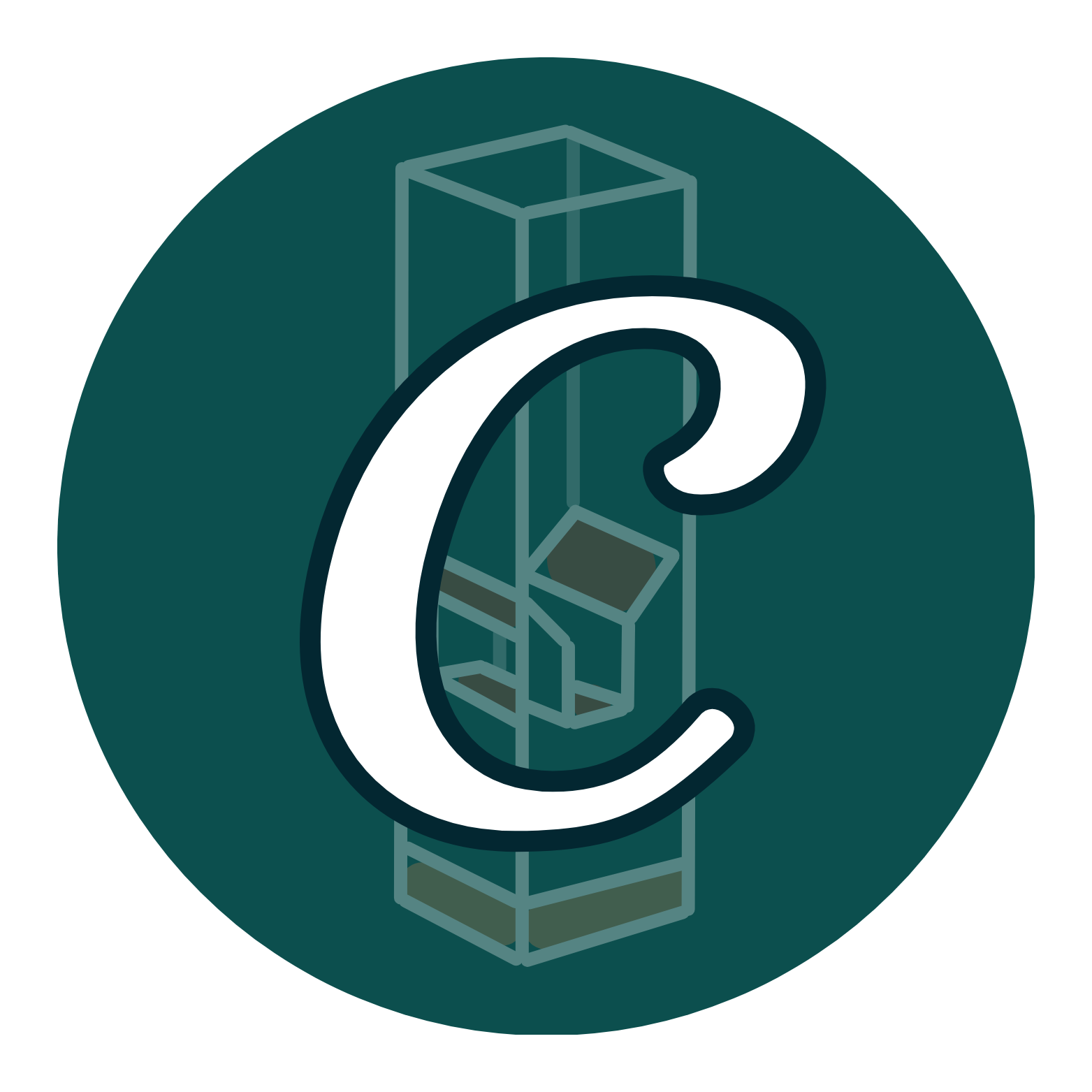



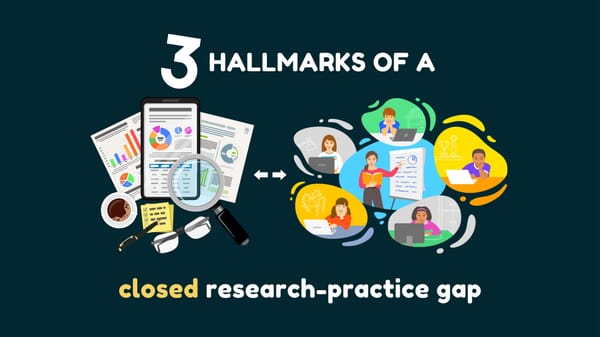
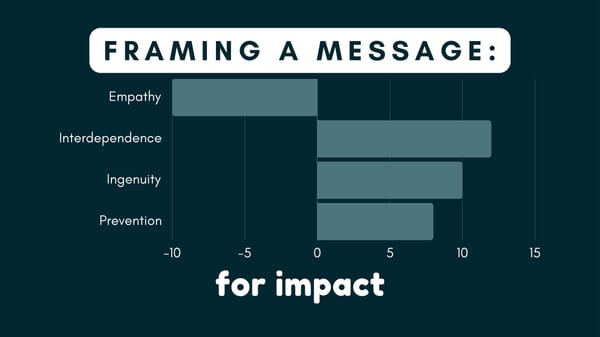
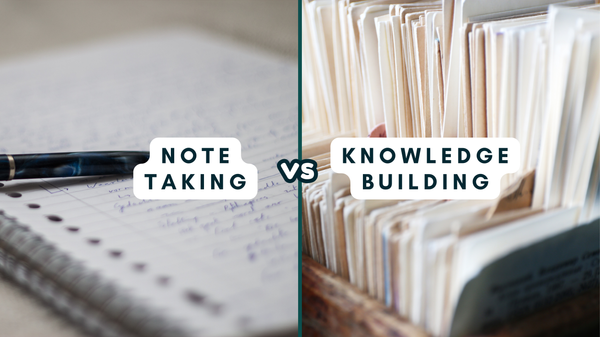
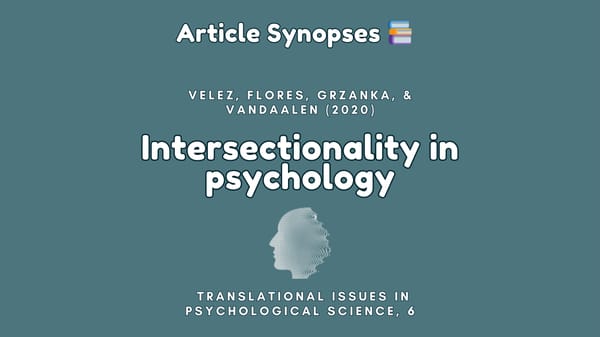
Member discussion